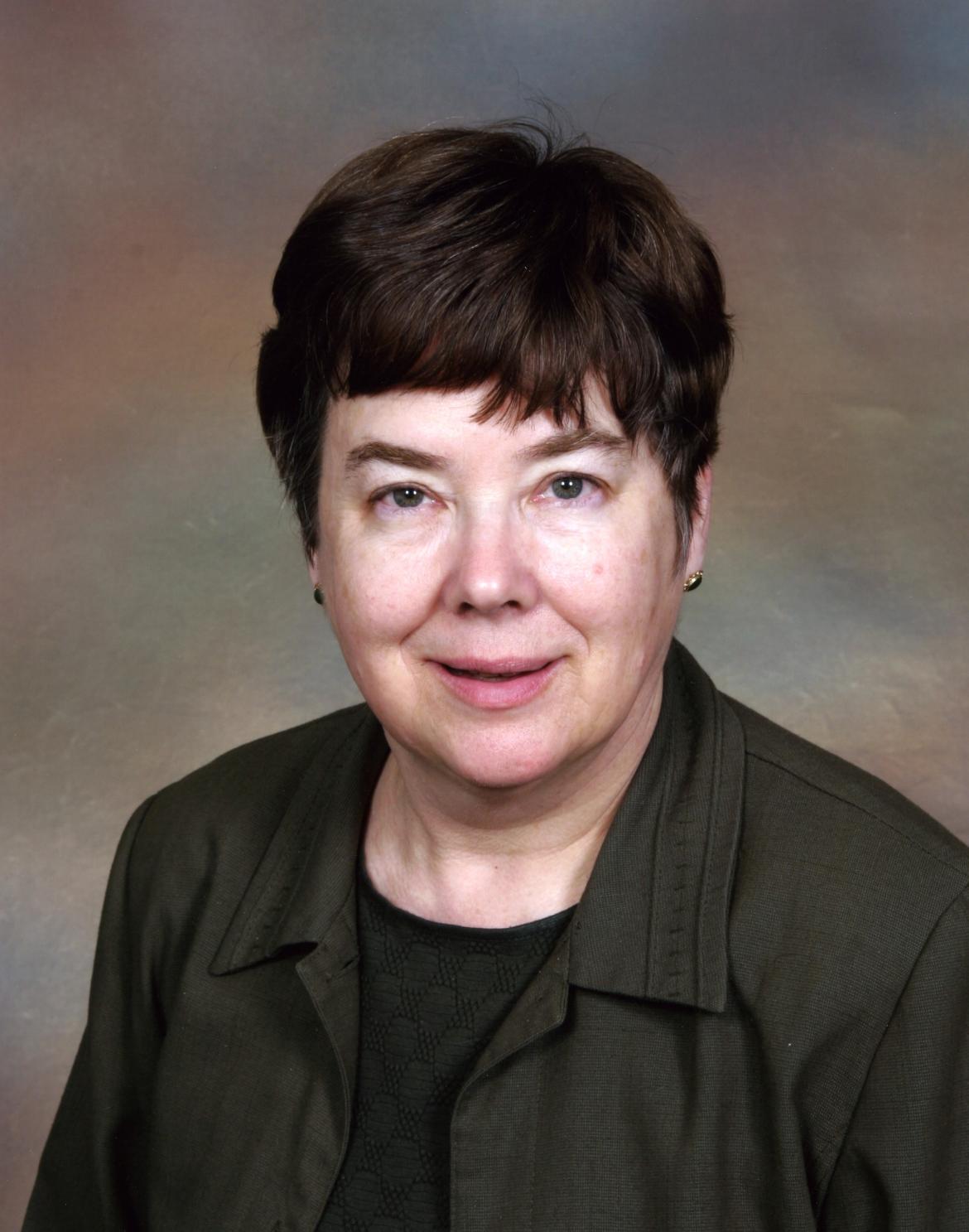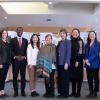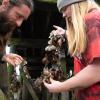
Dr. Mary Thompson has devoted much of her career to working with social and health scientists to evaluate government policies and measures that help prevent illnesses and early deaths.
May 10, 2016 - 9:00am
Dr. Mary Thompson uses statistics to solve real-world issues
While health professionals get much of the credit these days for helping to ease people’s suffering from illnesses, the work of people like Dr. Mary Thompson, a highly regarded scientist and statistician, has a huge impact on preventing those illnesses from occurring in the first place.
Thompson has devoted much of her career to working with social and health scientists to evaluate government policies and measures that help prevent illnesses and early deaths. Using statistical methods to collect and analyze data, her work has covered topics ranging from smoking cessation to health and the built environment. “My role is to provide evidence for policies and measures that can help keep people safe and living long, productive lives,” says Thompson.
In recognition of these important contributions, Thompson will accept an Honorary Doctor of Science at Vancouver Island University’s (VIU) convocation ceremony on Wednesday, June 8 at 2.30 pm.
“Statistics is all about working on real-world issues that are important to the public, which is something Thompson has done throughout her career,” says Dr. Don Noakes, Dean of Science and Technology at VIU and nominator. “She’s well-recognized as one of the leading educators in the field of statistics. She’s made significant advancements in terms of methodologies and practice, but some of the areas she’s been working in, such as the health and social impacts of tobacco use, are significant both nationally and internationally.”
Thompson, a Distinguished Professor Emerita of Statistics at the University of Waterloo (UW), spent all of her career at UW, starting out as a sessional lecturer and progressing to chair the Department of Statistics and Actuarial Science and co-found the university’s Survey Research Centre before retiring in 2009. More recently, she helped found the Canadian Statistical Sciences Institute, a national organization devoted to further developing the statistical sciences research and promoting collaborative research.
One of the areas she’s most known for – tobacco control research – came about because of her involvement with the Survey Research Centre. Her colleague, Geoffrey T. Fong, from the university’s Department of Psychology, wanted to use surveys to evaluate the impact of tobacco control measures implemented by different governments in response to the World Health Organization’s 2003 Framework Convention on Tobacco Control.
This framework contains rules governing the production, sale, distribution, advertisement and taxation of tobacco. Thompson designed the sampling and data collection methods for what became the International Tobacco Control Policy Evaluation Project (the ITC Project), which is ongoing.
The project, which has worked with teams in 28 countries and received major funding from both the US-based National Institutes of Health and the Canadian Institutes of Health Research, is the first international study examining the effect of government policies on smoking behaviour.
“My role in the ITC Project is to try to ensure the statistical soundness of the findings,” says Thompson, who is director of the project’s Data Management Centre. “The overarching questions are how governments should design and implement policies so as to limit the uptake of tobacco use, help those who use tobacco to reduce their consumption or to quit, and reduce environmental tobacco smoke.”
Through the ITC, she’s helped investigate the role of health warning labels on cigarette packages, the feasibility of smoke-free laws, the impact of advertising and packaging restrictions, the role of taxation and pricing systems and, most recently, the regulation of e-cigarettes. This work has influenced the design of cigarette packages, such as figuring out when health warning labels should be refreshed to stay relevant, and what kinds of messages are most effective to include.
“One early success was the evaluation of the first national smoke-free law, introduced in Ireland in 2004, which banned smoking in workplaces and, unexpectedly, had a lot of support from smokers,” remembers Thompson. “And our results in Bangladesh have led to increased taxation of tobacco products there, and there seems to be a related reduction in tobacco use.”
In 2010, Thompson and her collaborators, Fong and David Hammond, were among the first to receive a Top Canadian Achievement in Health Research Award from the Canadian Institutes of Health Research and the Canadian Medical Association Journal for this groundbreaking work in global tobacco control, which continues to make discoveries to improve the health and well-being of people all over the world.
Thompson has also devoted some time to studying disease epidemics and what containment measures could work best to slow the spread of diseases. “Following the SARS epidemic, there was heightened anxiety about an impending flu pandemic,” she explains. “Scientists thought it would be helpful to simulate how control measures such as vaccination and isolation would work on an existing population model. Our prototype in one Ontario community turned out to be too expensive to run, but other similar ventures have been used in the US.”
Thompson’s findings over the years have been documented in more than 130 publications.
“Statistics is fundamental to the scientific method, and thus to the quest to understand the world around us,” she explains. “The statistician serves as an expert on data, on what data can tell us and what it cannot. We help determine whether patterns we think we see could be due merely to chance, and whether associations or correlations we observe could have a causal interpretation.” And that helps direct government resources where they are needed most.
Thompson will accept her honorary doctorate on Wednesday, June 8 at the 2:30 pm convocation ceremony. To learn more about VIU’s convocation ceremonies, click here.
-30-
Media Contact:
Jenn McGarrigle, Communications Officer, Vancouver Island University
P: 250.740.6288 | C: 250.619.6860 | E: jenn.mcgarrigle@viu.ca
Tags: Announcements





